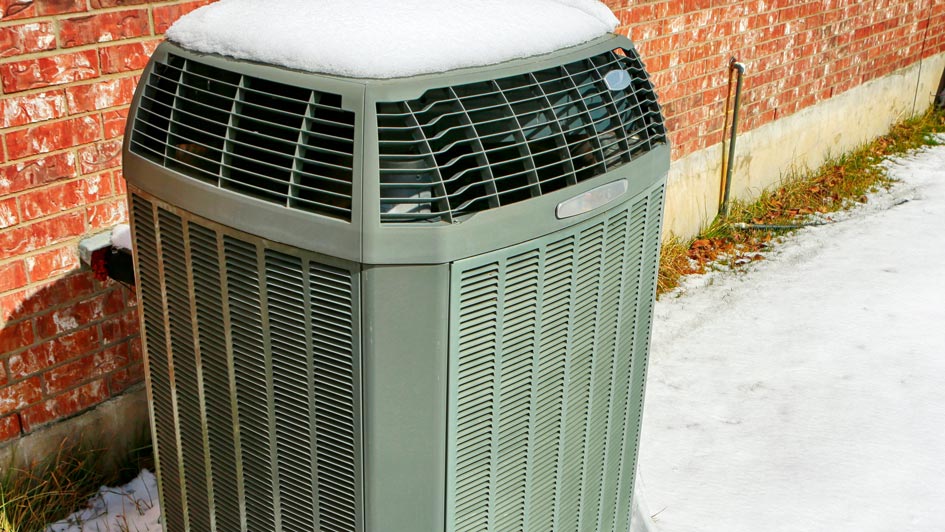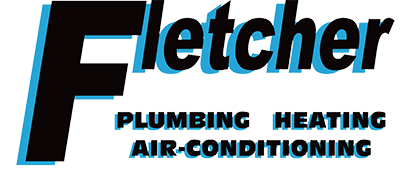
As the scorching summer sun starts to fade and the refreshingly cool weather of fall starts to settle in, residents of Smyrna start preparing their homes and yards for the the upcoming cold weather. For many, that leads to the question of whether they need to cover their exterior AC for the winter.
While it may seem like a smart idea, the reality is there are several reasons why you shouldn’t cover your AC unit in the winter. Along with not being needed, covering your outdoor air conditioning equipment can even cause problems.
Here, the professionals at Fletcher Plumbing, Heating & AC share five reasons why covering your air conditioning equipment doesn’t need to be on your fall to-do list and what you should do instead.
1. Your AC Unit Isn’t Damaged by Snow
Exterior AC units are designed to withstand harsh weather conditions like snow in the wintertime. These systems are built with sturdy materials and parts that can handle the outdoor elements without damage. The coils and fins of the unit are specially developed to resist corrosion, and the housing is crafted to protect the internal elements from moisture and debris.
2. Covering Your Air Conditioner Can Cause Mold
One of the reasons you shouldn’t cover your outdoor air conditioning equipment in the cold months is because doing so can trap moisture—which is the opposite of what you want in your outdoor unit. That’s because sealing moisture inside the unit generates the perfect conditions for mold and mildew to thrive.
Mold and mildew not only have an unpleasant smell, but they can also pose health risks, especially for people with respiratory issues or allergies. Also, the trapped moisture can corrode the internal components of the AC unit.
Rather than covering the unit, instead provide proper drainage and keep the area around the unit free of debris, allowing for efficient airflow and preventing moisture buildup.
3. Covered AC Systems Can Host Animals
People aren’t the only ones who prepare for winter. Animals that live around your home are also searching for a warm, cozy place to hide out for the cold months. For many creatures, a covered air conditioner is an ideal winter home.
Birds, mice, chipmunks and even rats commonly make nests inside covered air conditioners. Animals living in a covered air conditioning unit can cause several problems. Rats can chew through wires, insulation and other parts, causing damage that may require expensive repairs. Debris animals bring into the AC to make themselves a warm and comfortable place to get out of the cold weather can obstruct airflow and ventilation, limiting the efficiency of the AC and potentially causing it to overheat. In addition, animal waste can result in unsanitary conditions and potent odors.
Leaving your air conditioner uncovered helps discourage wildlife, because an uncovered AC gives them less shelter from cold weather than a covered unit. That’s better for your air conditioner—and leaves you with less mess to pick up and things to repair when winter is over.
4. An AC Cover Restricts Airflow
Another reason it's better that you don't cover your air conditioner in the winter is because a cover limits airflow through the unit. Adequate airflow is vital for the AC system because it assists heat exchange and allows the unit to cool effectively. When airflow is constrained, the system has to work harder to maintain the desired temperature, causing increased energy consumption and strain on the components.
In addition, if you run your AC without noticing that the exterior unit is covered or because you simply forgot, it could result in a range of problems. One issue is that the shortage of correct airflow could cause the compressor to overheat, leading to its failure or damage. That’s why it is crucial to ensure the outdoor unit has no obstructions and is not covered to maintain optimal airflow.
5. AC Maintenance Offers More Benefits Than Covering Your Air Conditioner
The bottom line is, it's a lot more effective to do a little maintenance for your air conditioning unit than to cover your exterior AC unit.
There are several key maintenance projects you should prioritize to ensure the best possible operation and longevity of your AC unit. First, it’s wise to look at your outdoor AC unit regularly and clear any debris such as leaves, twigs and dirt to allow proper airflow. Second, check and clean the coils, fins and filters to make sure there isn't any dirt and dust buildup that would impede effective heat exchange or airflow.
Regular air conditioning maintenance not only enhances efficiency, but it also helps extend the unit's life span, decreases energy consumption and avoids costly repairs. Rather than using a cover, committing time and effort into routine air conditioning maintenance is a proactive strategy that can greatly benefit your entire HVAC system in the long run.
